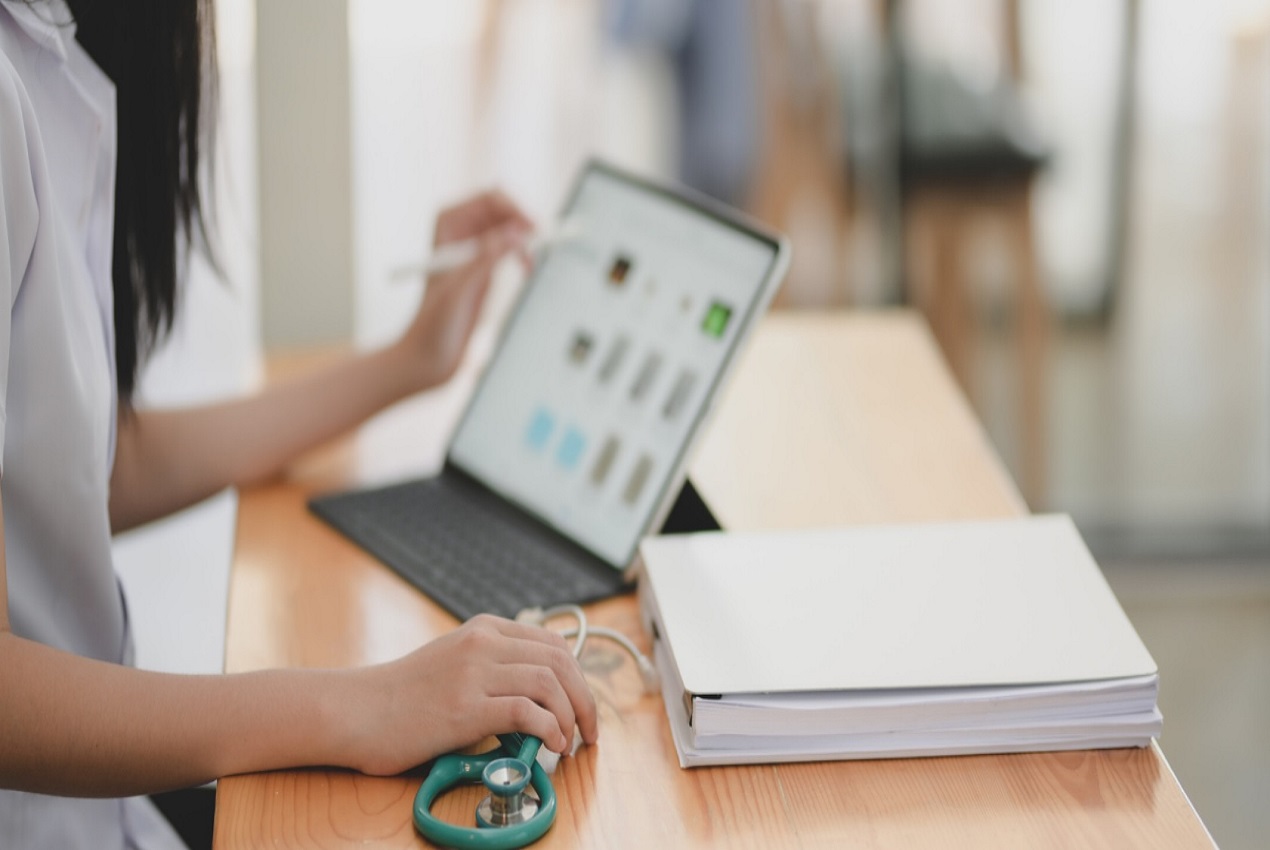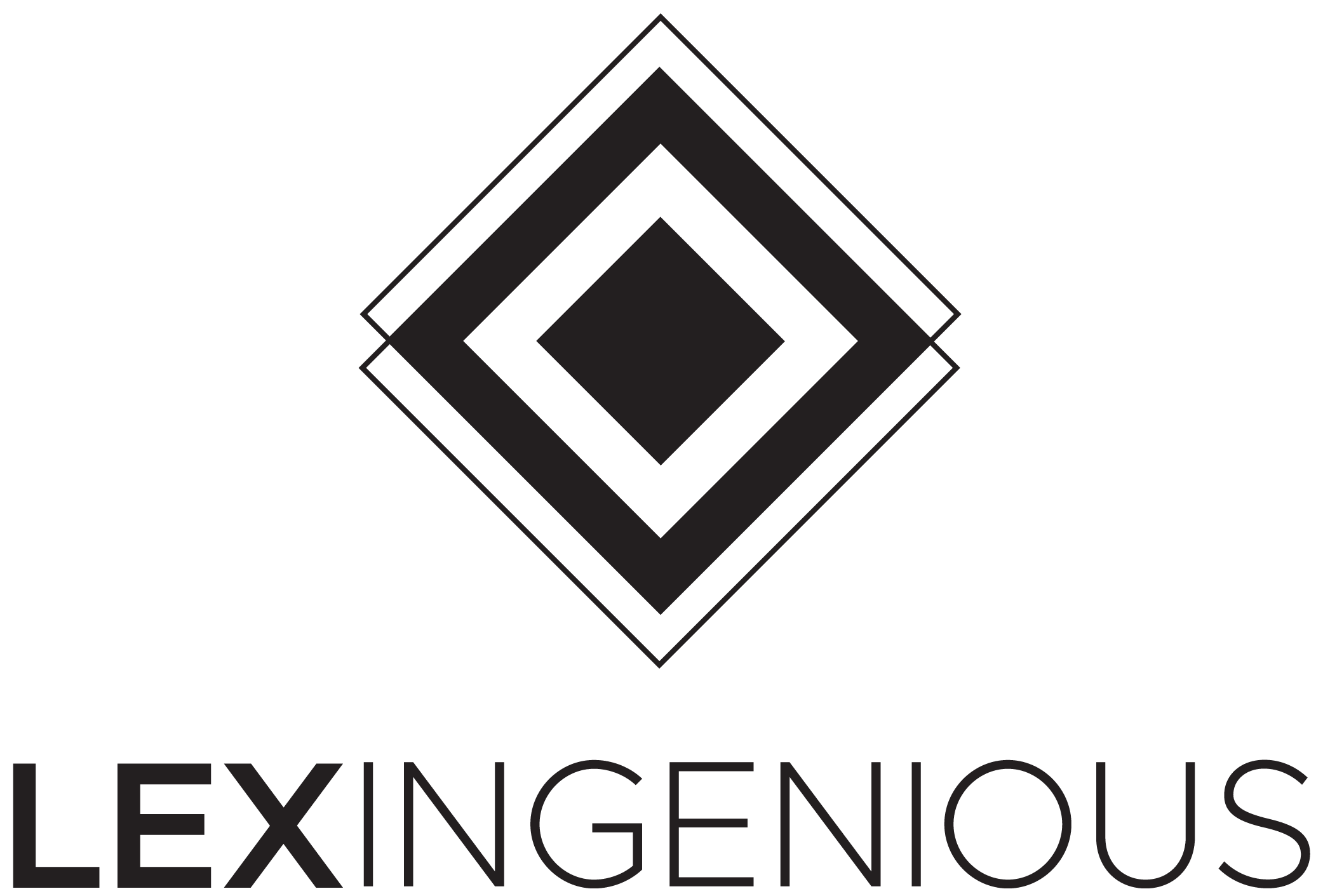
Telemedicine 101
In July 2018 the honorable High Court of Bombay held two doctors accountable for medical negligence for prescribing medical advice telephonically to their patients. This judgment left the medical fraternity to much confusion and chaos with respect to the legality of teleconsultation. The Indian Medical Association, then, requested the Medical Council of India (“MCI”) to draft clear guidelines on administering medical advice to patients remotely (via. telephone/ text/ video) (“Telemedicine”).

This need seemed to be accelerated when, in the wake of Covid-19 pandemic, the Ministry of Health and Family Welfare released the telemedicine practice guidelines on March 25, 2020 (“Guidelines”) to regulate various aspects of Telemedicine.
Telemedicine is now seen as an enabler of healthcare access and affordability. The Guidelines state “One of the major advantages of Telemedicine is that it is a cost and effort saving option especially for rural patients. Telemedicine can also provide an optimal solution for providing timely and faster access to medical aid further reducing the burden on secondary hospitals.”
The Guidelines detail how clinical standards, protocols, policies and procedures should be used in harmony with the technological transmission of voice, data, images and information for provision of care.
What is Telemedicine?
The World Health Organization’s definition of telemedicine has been reiterated in the Guidelines and reads as: “The delivery of health-care services, where distance is a critical factor, by all health-care professionals using information and communications technologies for the exchange of valid information for diagnosis, treatment and prevention of disease and injuries, research and evaluation, and the continuing education of health-care workers, with the aim of advancing the health of individuals and communities”.
Who can provide Telemedication?
Since the Guidelines have been published under the Indian Medical Council Act, 1956, only a registered medical professional (“RMP”) is eligible to provide telemedication within the jurisdiction of India. Telemedicine is to be administered following the same ethical and professional standards and norms prescribed under the Indian Medical Council Act, 1956, the Indian Medical Council (Professional Conduct, Etiquette and Ethics) Regulation, 2002, Drugs &Cosmetics Act, 1940 and Drugs & Cosmetics Rules, 1945.
The RMP is additionally required to conform to the relevant applicable information technology and data privacy laws, as notified from time to time. The professional judgment of a RMP should be the guiding principle for all telemedicine consultations, provided such RMP is required to exercise proper discretion and not compromise on the quality of care.
What tools can be used?
The Guidelines classify Telemedicine applications basis 4 (four) different categories of features:
– The mode of communication: Though multiple modes may be used to deliver Telemedicine, the category has been explicitly further classified in 3 modes – video, audio and text.
– The timing of the information transmitted: Whether it is a real time consultation or an asynchronous transmission of information.
– Purpose of the consultation: Whether it’s an emergency or non-emergency consultation or first consultation or a follow up consultation. The Guidelines further state that in case of emergency consultations, the patient must be advised for an in person consultation at the earliest by the RMP.
– The interaction between the individuals involved. Accordingly, Telemedicine may involve just the RMP and the patient or the RMP and the caregiver or two RMPs etc.

What else should be kept in mind?
Identity: While administering Telemedicine, both the patient and the RMP should know each other’s identity. No consultation should be given under anonymity of either party. RMPs should ensure that patients are able to check the veracity of RMP’s credentials. This may include displaying RMP’s registration details on prescriptions, communications and website (if any).
Consent: Patient’s consent has to be received mandatorily and this may either be implicit or explicit. In the event telemedication is initiated by the RMP or caregiver and not the patient, the consent needs to be expressly recorded. For instance, the patient needs to state “Yes, I agree to receive consultation via telephone” and this may be recorded through any means. Consent is implied if the patient himself begins the consultation.
Board of Governors: The Board of Governors (BoG) constituted in 2010 has been given special responsibilities in supersession of the Medical Council of India. Accordingly, the BoG may release necessary orders and directions to achieve the objects of these Guidelines. The BoG further has the power to amend the relevant annexures and drug lists detailed in the Guidelines.
Prescribing Medicine: The Guidelines state that medication may be prescribed through Telemedicine only when the RMP has enough information about the medical condition and general health of the patient. Medicines that may be prescribed through telemedication have been categorized as:
| Category | Features |
| List O | Medication which may be prescribed via any mode of communication by the RMP for common conditions and included as an “over the counter” drug. For instance, paracetamol, cough lozenges etc. |
| List A | Medication prescribed after (I) a first consult done via video call OR (II) a follow up consult as a re-fill. This would include drugs with relatively low potential of abuse/ side-effects. |
| List B | Medication re-prescribed/ re-filled on a follow up consult after being prescribed the same medication during an in-person consult for the same health condition. |
| Prohibited List | Medicines listed in Schedule X of the Drugs and Cosmetic Act. Narcotics and psychotropic substances. |
Privacy & Confidentiality: The RMP is required to maintain completed records and logs of the patient including any images, diagnosis, prescriptions, and telemedicine interaction. The Guidelines specifically prohibit willful or negligent mishandling of patients’ medical data, privacy and confidentiality. All actions compromising patient care and privacy can be penalized in accordance with the prevailing medical ethics and privacy laws.
Anything for Telemedicine facilitators?
Prior to the Guidelines, the technology platforms (mobile applications, websites) facilitating telemedicine services through RMPs (“Platforms”) did not have specific regulations to follow. The extant Guidelines, in a welcome move, have laid down basic compliance required from such Platforms.
The Platforms are required to conduct detailed due diligence of the RMPs before listing them on their portal. Correct information of the RMP is required to be further displayed on the portal. The Platform is required to record & address the queries of patients/ visitors of their portal.
It is noteworthy that the Platforms cannot use Artificial Intelligence/ Machine Learning (AI &ML) algorithms to deliver Telemedicine. However, AI & ML can be used to assist the RMP in giving medical advice and aid. For instance, AI & ML can be used for providing diagnostic, patient evaluation etc. Any non-compliance of these Guidelines or relevant laws by the Platform should be reported to the BoG. Non-adherence can result in blacklisting of the concerned Platform.

